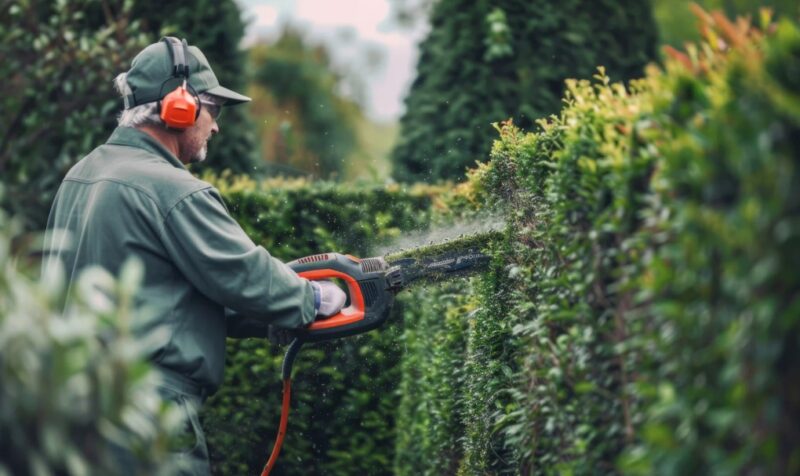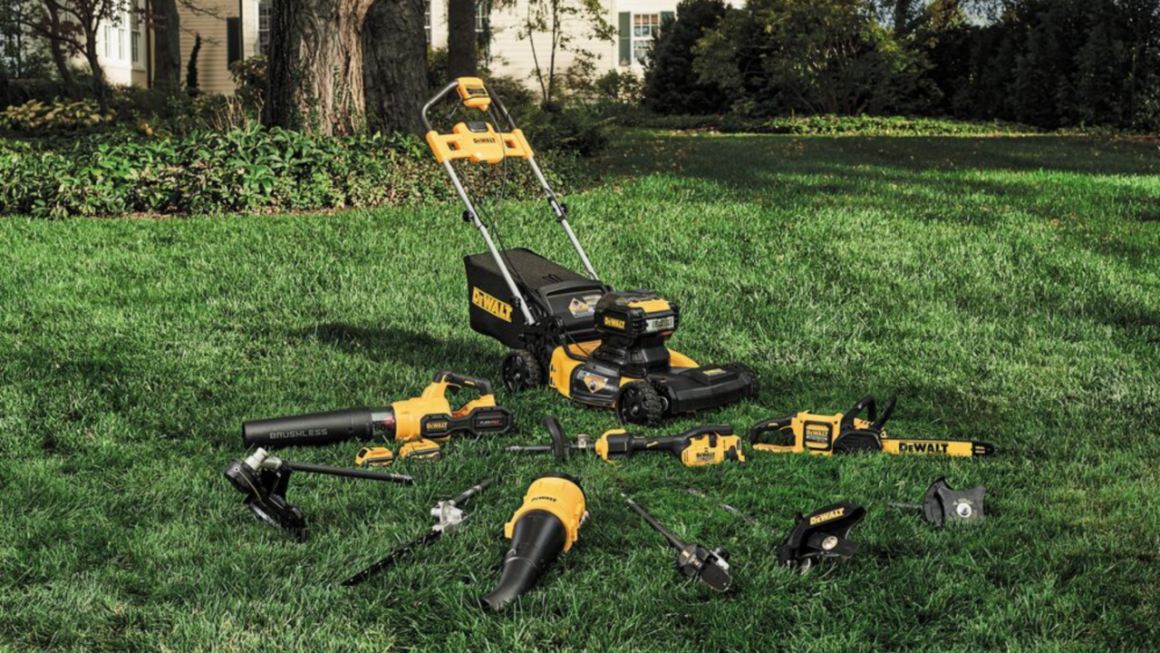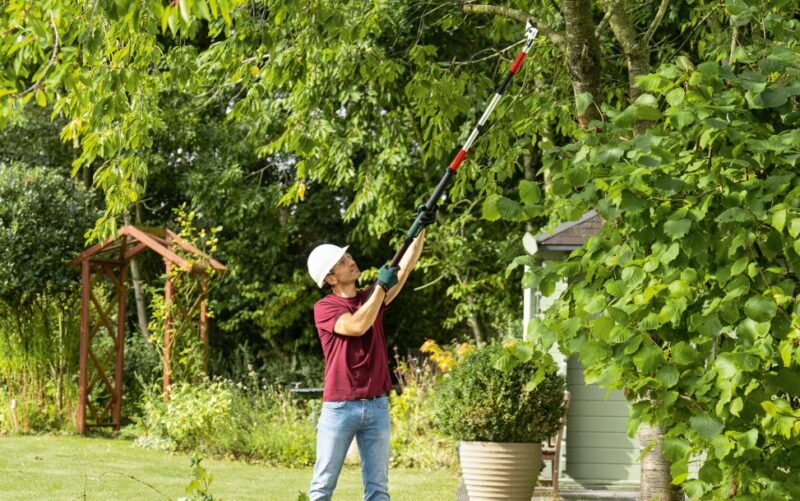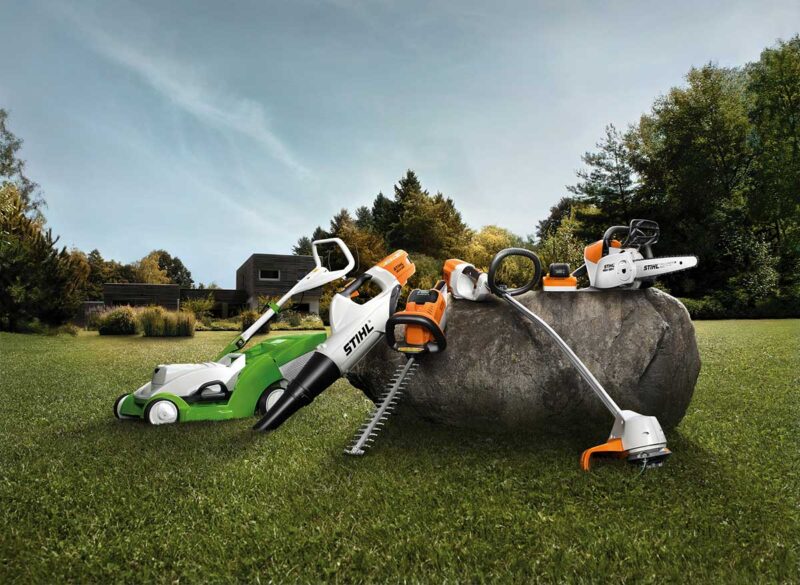Modern gardeners have more choices than ever when it comes to equipment. With advancements in technology, cordless (battery-powered) and corded (electric) garden tools offer distinct advantages.
Both options have their place in the world of gardening, but understanding the pros and cons of each can help homeowners make the right decision for their needs.
Here, we’ll explore how cordless and corded garden tools compare across key areas such as convenience, power, environmental impact, and cost.
Convenience
One of the most significant factors that differentiates cordless and corded tools is their convenience. Cordless tools, powered by rechargeable batteries, provide unparalleled mobility. With no need for a power outlet or an extension cord, you can move freely across your yard or garden, tackling hard-to-reach areas without worrying about getting tangled up.
This makes them ideal for larger properties or gardens with obstacles like trees, flowerbeds, or furniture.
Corded tools, on the other hand, have unlimited runtime since they draw power directly from an outlet. However, they require a nearby power source and a long extension cord for larger gardens. This can be cumbersome and potentially unsafe, as cords may become trip hazards or get damaged during use.

Power and Performance
Corded garden tools typically provide consistent and reliable power. Because they’re connected directly to a power source, they don’t experience the drop in performance that some cordless tools face as their batteries deplete.
This makes corded tools a better choice for heavy-duty tasks like cutting thick branches, tilling tough soil, or mowing large lawns.
Cordless tools, while improving significantly in power with advancements in battery technology, may still fall short for intensive tasks. High-performance models equipped with lithium-ion batteries can handle moderate workloads effectively, but they often require periodic recharging.
For tasks that demand prolonged use, carrying extra batteries or waiting for a recharge can be a drawback.
Environmental Impact
Both cordless and corded tools are more environmentally friendly than their petrol-powered counterparts, but there are differences in their ecological footprints. Corded tools, being powered by electricity, produce no direct emissions. If paired with renewable energy sources, they can be a highly sustainable option.
Cordless tools also have no emissions during use. However, the production and disposal of batteries pose environmental challenges. Lithium-ion batteries, while efficient, require resource-intensive manufacturing processes, and their disposal can contribute to pollution if not handled correctly.
Still, ongoing improvements in recycling methods and battery technology are helping to mitigate these impacts.

Cost and Maintenance
Initial costs for cordless tools can be higher than those for corded tools, especially when batteries and chargers are included. However, cordless tools generally have lower maintenance needs compared to petrol-powered options, with no need for fuel or frequent servicing.
Corded tools are often more affordable upfront, and their operational costs are minimal since they draw electricity directly. They require less maintenance compared to petrol tools but do rely on extension cords, which may need replacement over time.
Specific Use Cases
Choosing between cordless and corded garden tools depends largely on individual needs:
- For small gardens ─ Corded tools are often sufficient for smaller properties where a power outlet is always within reach. They’re cost-effective and offer unlimited runtime for straightforward tasks.
- For large or obstructed gardens ─ Cordless tools shine in larger spaces or areas with obstacles. Their flexibility and ease of movement make them suitable for gardens with complex layouts.
- For occasional use ─ If you only garden occasionally, the affordability and reliability of corded tools might be more appealing.
- For frequent use or professional tasks ─ High-quality cordless tools, with their combination of mobility and modern features, can be worth the investment for avid gardeners or professionals.

Conclusion
Ultimately, both cordless and corded garden tools have their merits. Cordless tools excel in mobility and flexibility, making them a favorite for larger or more intricate gardening tasks. Corded tools, meanwhile, offer consistent power and are a practical choice for smaller gardens or tasks requiring extended operation.
For those seeking the best of both worlds, companies like Garden Machinery Direct offer a wide range of tools to suit varying needs and preferences. By considering factors such as garden size, task type, and personal priorities, you can choose the right tools to make your gardening experience as enjoyable and efficient as possible.


